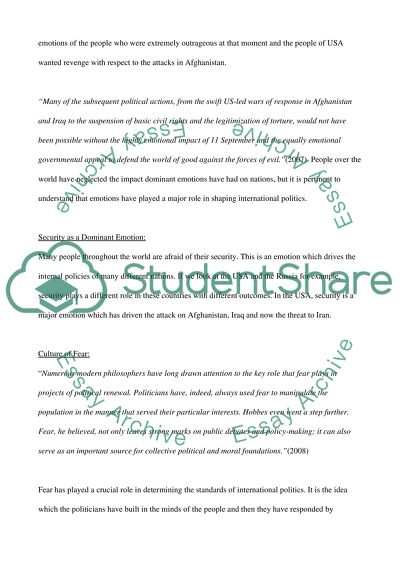Cite this document
(“Emotions and Powerful Nations Essay Example | Topics and Well Written Essays - 2000 words”, n.d.)
Retrieved de https://studentshare.org/sociology/1450485-are-there-differences-between-the-dominant
Retrieved de https://studentshare.org/sociology/1450485-are-there-differences-between-the-dominant
(Emotions and Powerful Nations Essay Example | Topics and Well Written Essays - 2000 Words)
https://studentshare.org/sociology/1450485-are-there-differences-between-the-dominant.
https://studentshare.org/sociology/1450485-are-there-differences-between-the-dominant.
“Emotions and Powerful Nations Essay Example | Topics and Well Written Essays - 2000 Words”, n.d. https://studentshare.org/sociology/1450485-are-there-differences-between-the-dominant.


